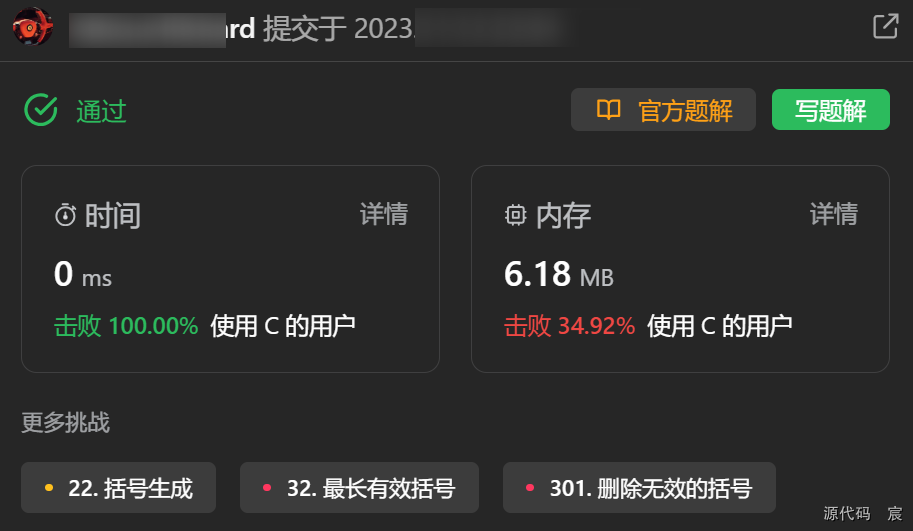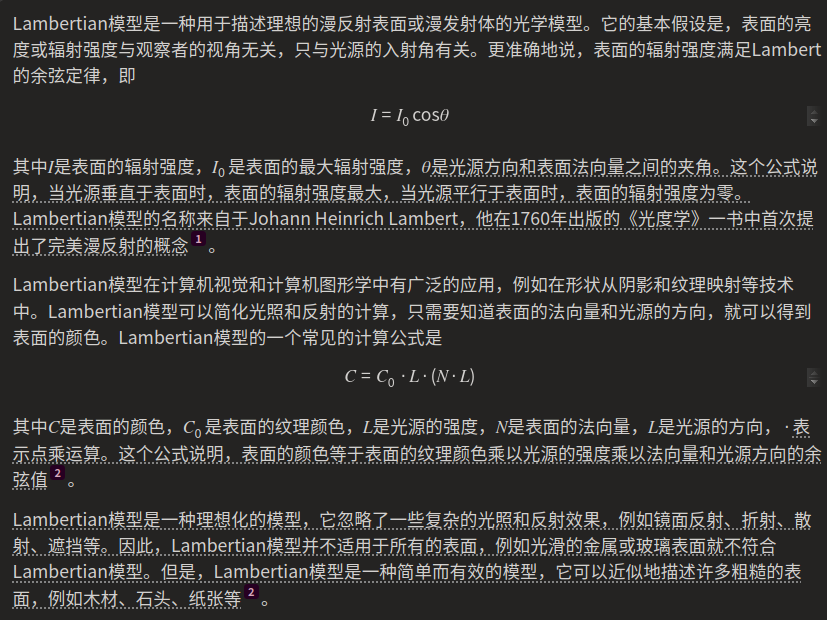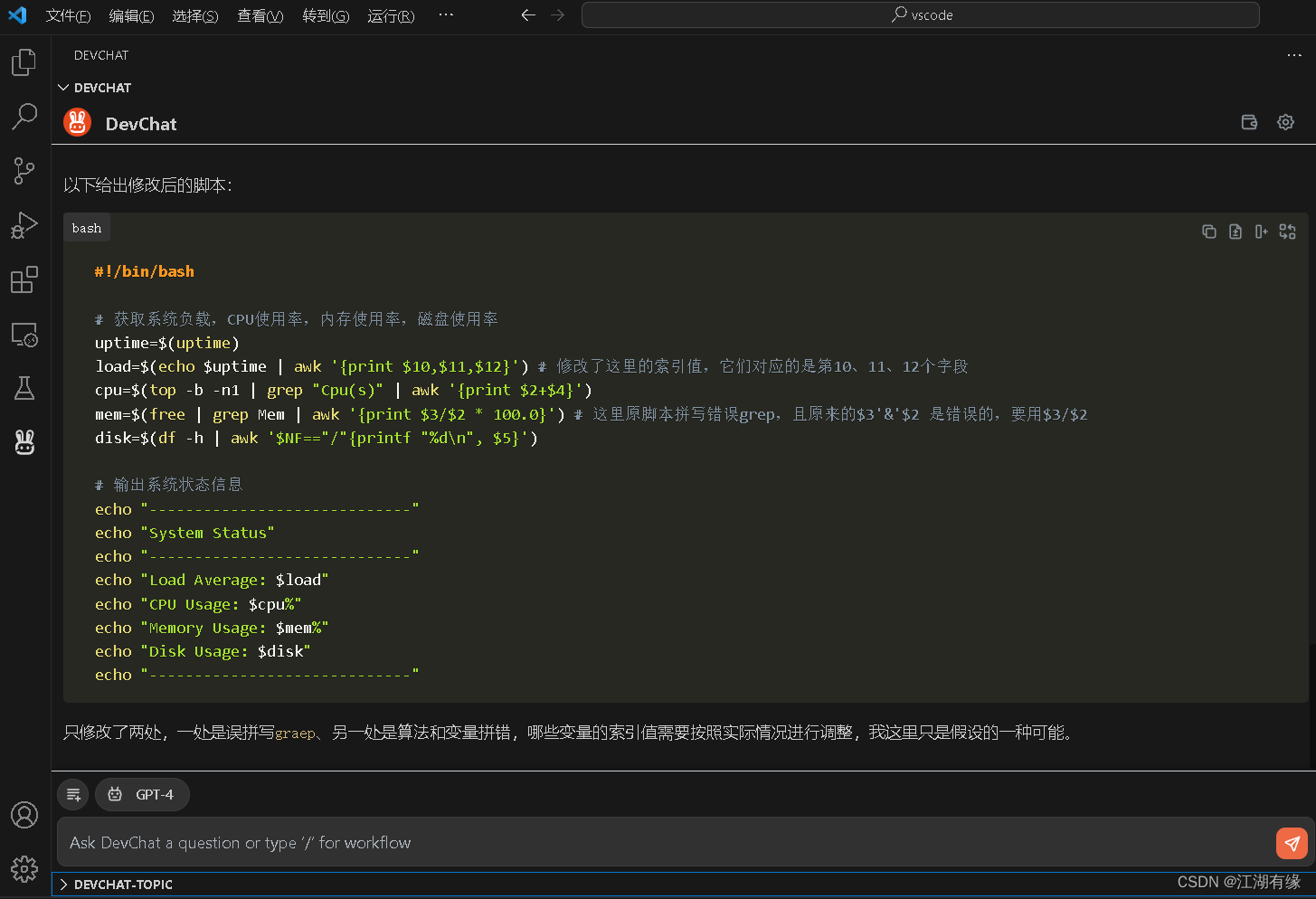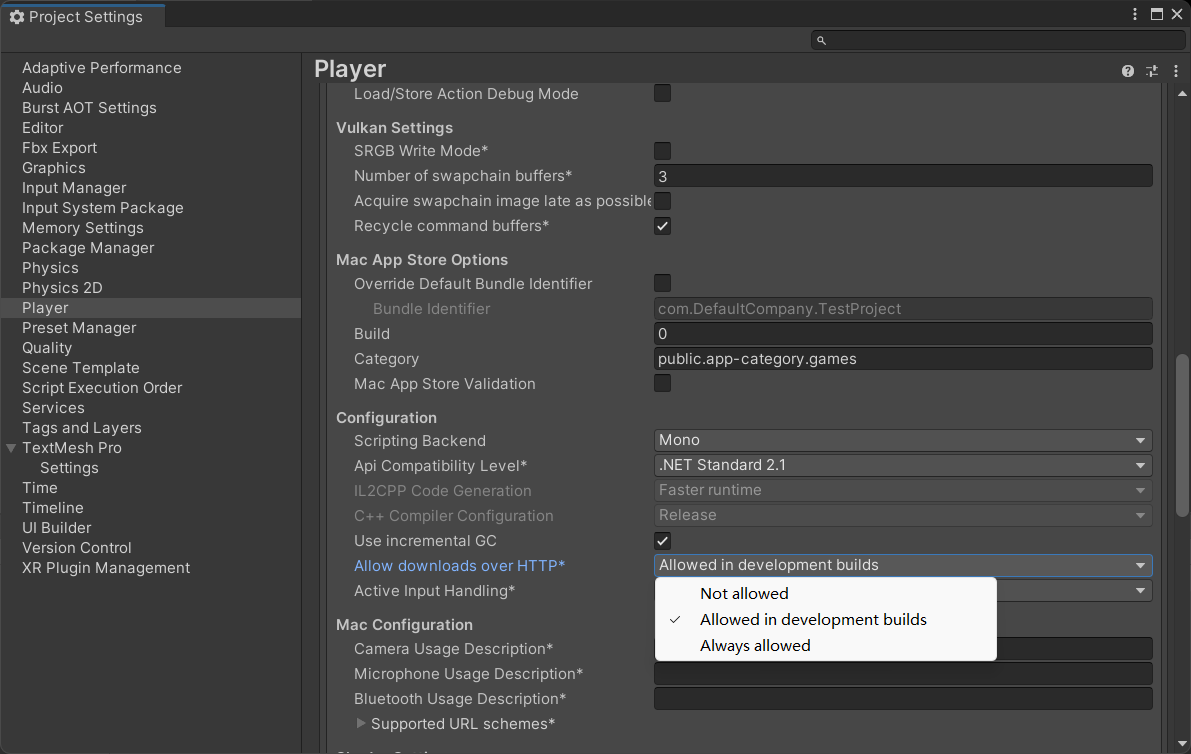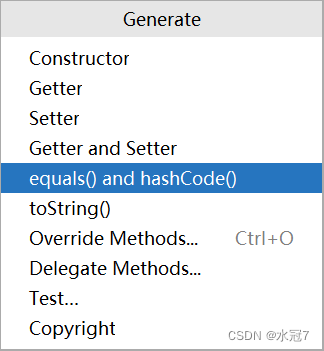法1:调用外部C++api库
具体使用:
public class Ini{
//读取INI文件需要调用C++的APP
[System.Runtime.InteropServices.DllImport("kernel32")]
private static extern long WritePrivateProfileString(string section, string key, string val, string filePath);
[System.Runtime.InteropServices.DllImport("kernel32")]
private static extern int GetPrivateProfileString(string section, string key, string def, System.Text.StringBuilder retVal, int size, string filePath);
private string iPath = null;
public Ini(string path)
{
this.iPath = path;
}
/// <summary>
/// 写数据
/// </summary>
/// <param name="section">配置节</param>
/// <param name="key">键名</param>
/// <param name="value">键值</param>
public void WriteValue(string section, string key, string value)
{
WritePrivateProfileString(section, key, value, iPath);
}
/// <summary>
/// 读数据
/// </summary>
/// <param name="section">配置节</param>
/// <param name="key">键名</param>
/// <returns></returns>
public string ReadValue(string section, string key)
{
// 每次从ini中读取多少字节
System.Text.StringBuilder temp = new System.Text.StringBuilder(255);
GetPrivateProfileString(section, key, "", temp, 255, iPath);
return temp.ToString();
}
}
public class Program
{
public static void Main()
{
string filePath = Application.streamingAssetsPath + "/file.ini";
string section = "SectionName";
string key = "KeyName";
// 读取 INI 文件
string value = Ini.ReadValue(section, key, "", filePath);
Console.WriteLine("Value: " + value);
// 写入 INI 文件
Ini.WriteValue(section, key, "NewValue", filePath);
Console.WriteLine("Value written.");
// 重新读取 INI 文件
value = Ini.ReadValue(section, key, "", filePath);
Console.WriteLine("Value: " + value);
}
}
ini文本参考:

法2:使用System.IO命名空间的类:
具体使用:
using System;
using System.Collections.Generic;
using System.IO;
class IniFile
{
private readonly string filePath;
private readonly Dictionary<string, Dictionary<string, string>> sections;
public IniFile(string filePath)
{
this.filePath = filePath;
this.sections = new Dictionary<string, Dictionary<string, string>>();
Load();
}
public string GetValue(string section, string key)
{
if (sections.ContainsKey(section) && sections[section].ContainsKey(key))
{
return sections[section][key];
}
return null;
}
public void SetValue(string section, string key, string value)
{
if (!sections.ContainsKey(section))
{
sections[section] = new Dictionary<string, string>();
}
sections[section][key] = value;
Save();
}
private void Load()
{
string currentSection = null;
foreach (string line in File.ReadLines(filePath))
{
string trimmedLine = line.Trim();
if (trimmedLine.StartsWith("[") && trimmedLine.EndsWith("]"))
{
currentSection = trimmedLine.Substring(1, trimmedLine.Length - 2);
continue;
}
int equalsIndex = trimmedLine.IndexOf('=');
if (equalsIndex > 0)
{
string key = trimmedLine.Substring(0, equalsIndex).Trim();
string value = trimmedLine.Substring(equalsIndex + 1).Trim();
if (!string.IsNullOrEmpty(currentSection) && !string.IsNullOrEmpty(key))
{
if (!sections.ContainsKey(currentSection))
{
sections[currentSection] = new Dictionary<string, string>();
}
sections[currentSection][key] = value;
}
}
}
}
private void Save()
{
using (StreamWriter writer = new StreamWriter(filePath))
{
foreach (KeyValuePair<string, Dictionary<string, string>> section in sections)
{
writer.WriteLine($"[{section.Key}]");
foreach (KeyValuePair<string, string> entry in section.Value)
{
writer.WriteLine($"{entry.Key}={entry.Value}");
}
writer.WriteLine();
}
}
}
}
public class Program
{
public static void Main()
{
string filePath = Application.streamingAssetsPath + "/file.ini";
string section = "SectionName";
string key = "KeyName";
IniFile iniFile = new IniFile(filePath);
// 读取值
string value = iniFile.GetValue("section", "key");
Console.WriteLine(value);
// 设置值
iniFile.SetValue("Section2", "Key2", "Value2");
}
}

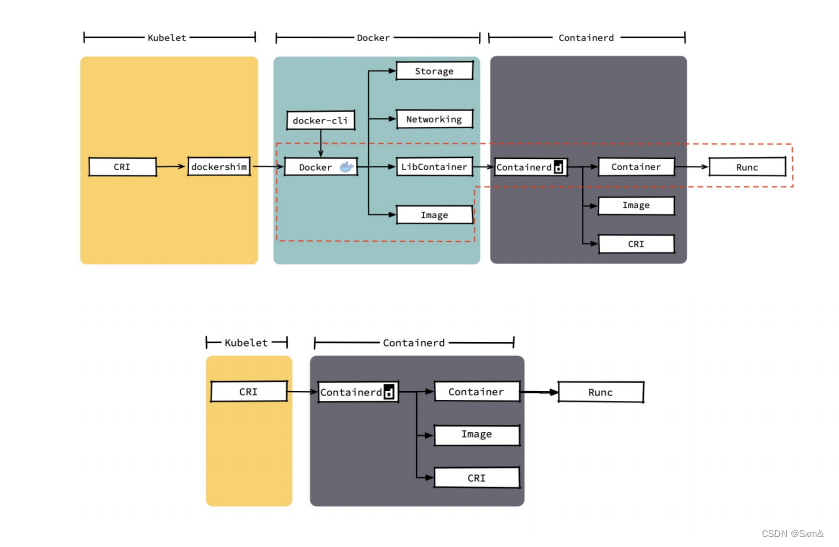

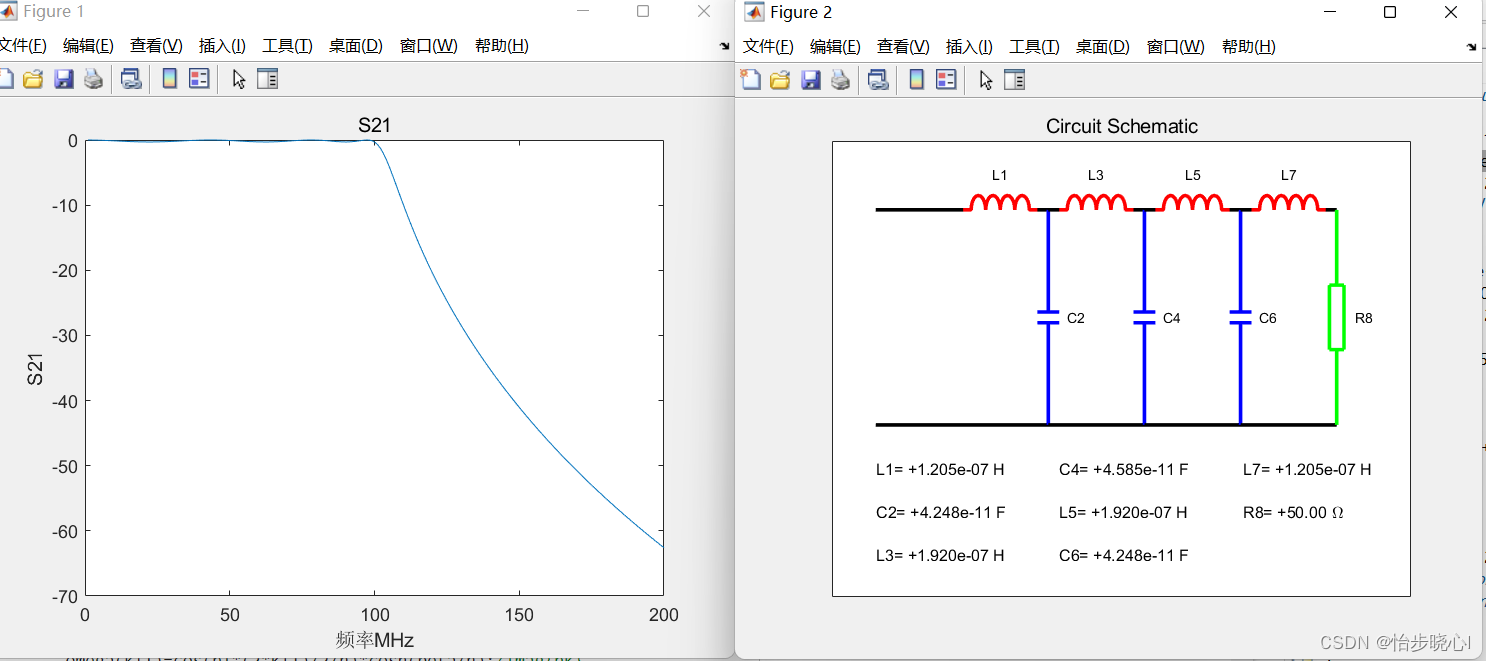

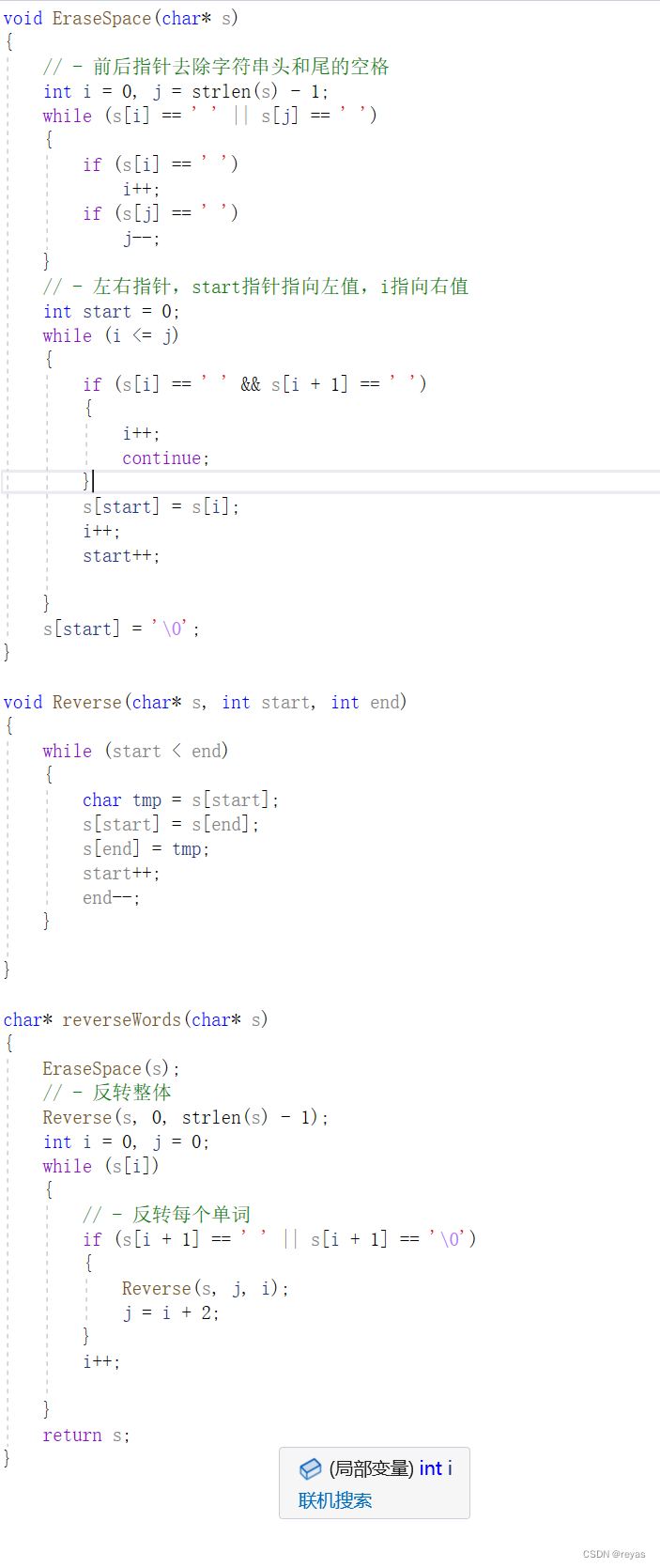
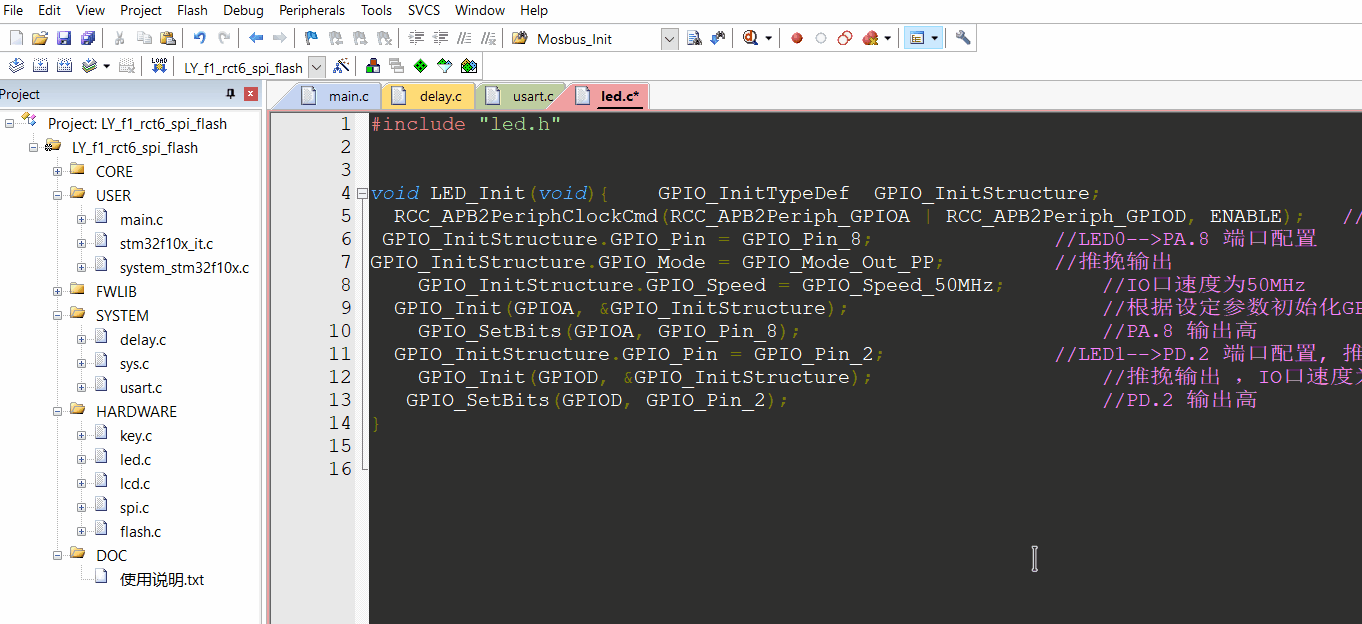
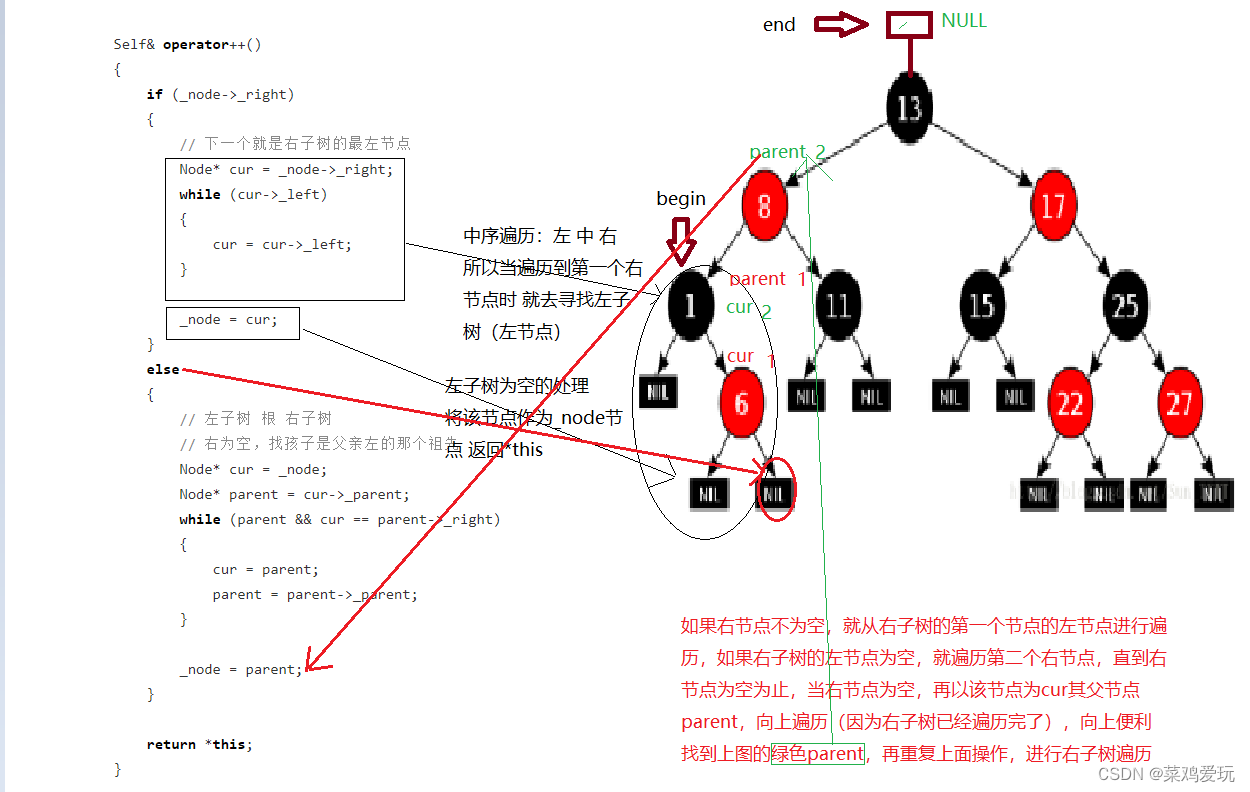
![洛谷 P3842 [TJOI2007] 线段 python解析](https://img-blog.csdnimg.cn/e264f154026b4186966360865e53645d.png)
